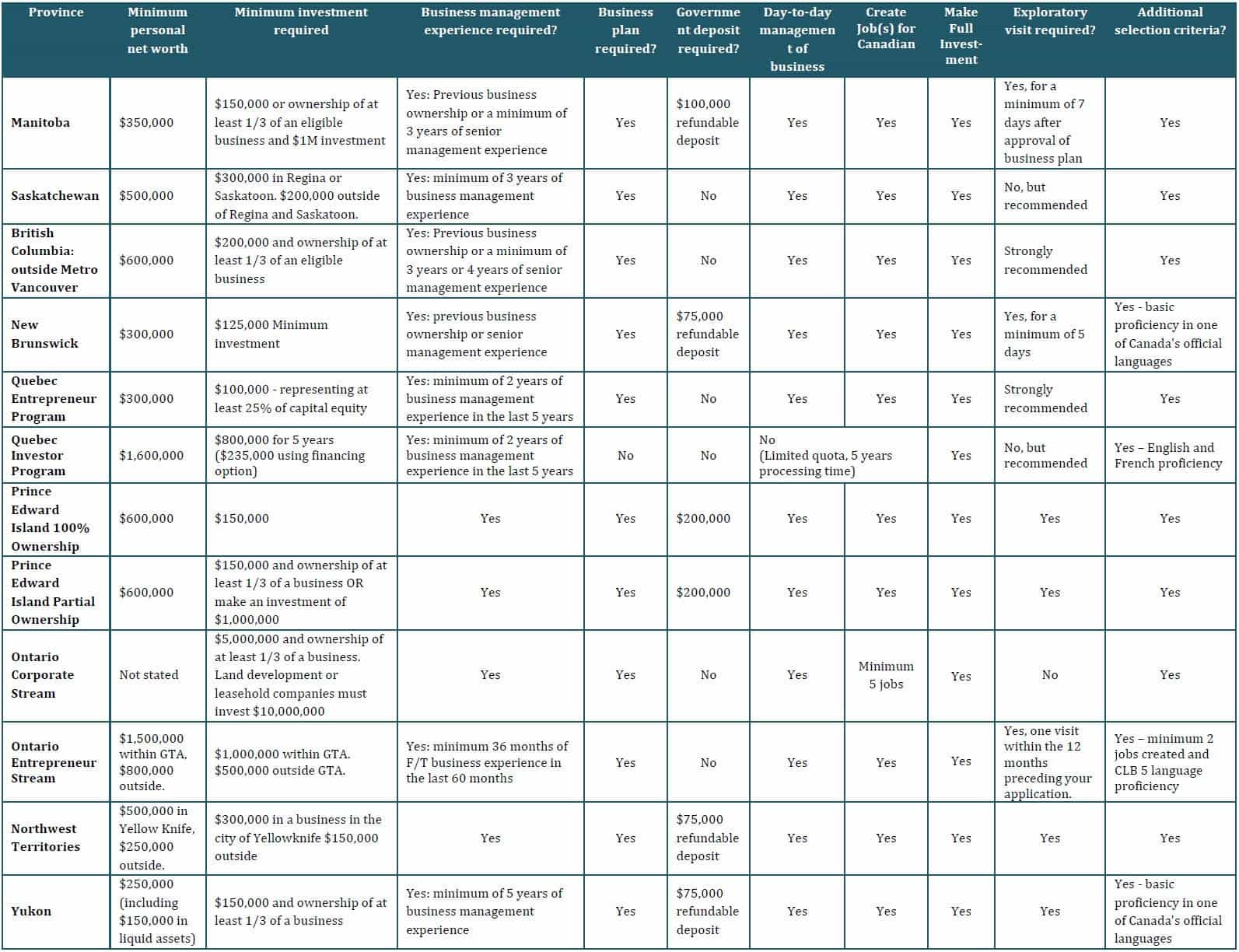Deadline for amendment to Citizenship Act extended to January 2026
Canada’s federal government will once again miss their deadline to finalize amendments to the country’s Citizenship Act.
The Ontario Superior Court of Justice has extended the deadline to pass Bill C-3 by two months. Bill C-3 seeks to remove the First-Generation Limit (FGL) on Canadian Citizenship, which was initially deemed unconstitutional by the Superior Court in 2023.
The most recent deadline for 20 November 2025 has been extended to 20 January 2026.
The passing of Bill C-3 would expand the ability of Canadians born abroad to pass on their citizenship to their children born outside of Canada.
Get a Free Legal Consultation on Applying for Canadian Citizenship
Bill C-3 may be enacted before the extension
Based on current developments relating to the progress of Bill C-3 in receiving Royal Assent and becoming Canadian law, it is possible that the legislation formally comes into effect even before the January 2026 deadline.
In her court decision to grant the extended deadline, Judge Akbarali noted that the government has “been making significant progress in its efforts to enact replacement legislation,” even noting that “there is a reasonable expectation that the replacement legislation may come into force by the end of 2025”.
Bill C-3, the Act to amend the Citizenship Act, has already passed three readings in Canada’s House of Commons and two additional readings in the Senate. A total of six readings (between the House and the Senate) and one committee phase are required to receive Royal Assent.
At the time of this writing, the Bill currently sits with the Standing Committee on Social Affairs, Science and Technology (SOCI), which will have the opportunity to amend the proposed legislation, should they see fit.
Assuming that no amendments are made in the Senate, and the Bill passes through both chambers of parliament without further changes, it will receive Royal Assent and formally become law in Canada.
Interim measures
With the deadline extended, the federal government’s interim measures will continue to apply, allowing those impacted by the FGL to potentially receive citizenship before Bill C-3 formally comes into effect.
The interim measures were announced in March 2025 to help those impacted by the FGL gain Canadian citizenship by applying for a discretionary grant of citizenship.
This includes people in the following groups:
Situation 1: People born or adopted before December 19, 2023, who are subject to the first-generation limit.
Situation 2: People born or adopted on or after December 19, 2023, if their Canadian parent meets the proposed substantial connection to Canada test.
Situation 3: Some people born before April 1, 1949, who are affected by the first-generation limit.
Situation 4: People who lost their citizenship due to unmet retention requirements, under the former section 8 of the Citizenship Act.
If someone has been impacted by the FGL, they can apply for Canadian citizenship by requesting a Canadian citizenship certificate (or proof of citizenship).
After applying, IRCC will review their application and decide whether they are eligible for Canadian citizenship under the interim measures. Individuals may also apply for urgent processing of their citizenship grant application.
It is worth noting that these interim measures only remain valid until the new bill receives Royal Assent.
To learn more about applying for a discretionary grant of citizenship through interim measures, read our dedicated article on the topic.
Get a Free Legal Consultation on Applying for a Discretionary Grant of Citizenship
Will the federal government meet the new deadline?
The newly announced extension to the amendment deadline marks the fourth time that the federal government has missed its deadline to amend the Citizenship Act.
While it is impossible to say with certainty whether the government will meet this newest deadline, there are meaningful considerations that distinguish this example positively from previous extensions.
In addition to the already noted legal progress Bill C-3 has made in Parliament, the most recent request for an extension marks the first time that the federal government has revised its requested extension date.
Initially, the government had requested an extension till April 22, 2026. However, after further deliberations with the Ontario Superior Court, it pushed forward the requested deadline to January 20, 2026.
The impact of passing Bill C-3
The passing of the bill would allow citizenship by descent in Canada to be passed on through multiple generations (provided the substantial connection test is met where relevant).
In the November 17 meeting of the Standing Committee on Social Affairs, Science and Technology (SOCI), Immigration Minister Diab noted that based on the government’s current available evidence, it expects applications for citizenship under Bill C-3 to number in the “tens of thousands over time, not hundreds of thousands.”
The Minister further noted that the majority of those impacted by the bill would be children.
What is Bill C-3?
Bill C‑3 was introduced on 5 June 2025 to address issues raised by the FGL in the Citizenship Act.
Under the FGL (introduced in 2009), children born abroad to Canadian citizens whose parents had also been born abroad (acquired citizenship by descent) did not automatically gain Canadian citizenship by descent.
On 19 December 2023, the Ontario Superior Court of Justice ruled the FGL unconstitutional for creating a second class of citizens and violating mobility rights under the Canadian Charter of Rights and Freedoms. The court gave the federal government an initial six-month window to amend the law.
The federal government subsequently introduced Bill C‑71 (An Act to Amend the Citizenship Act (2024). Bill C-71 was extended multiple times, but ultimately died when Parliament was prorogued in March 2025.
Bill C-3 was then introduced as a successor.
Get a Free Legal Consultation on Applying for Canadian Citizenship















